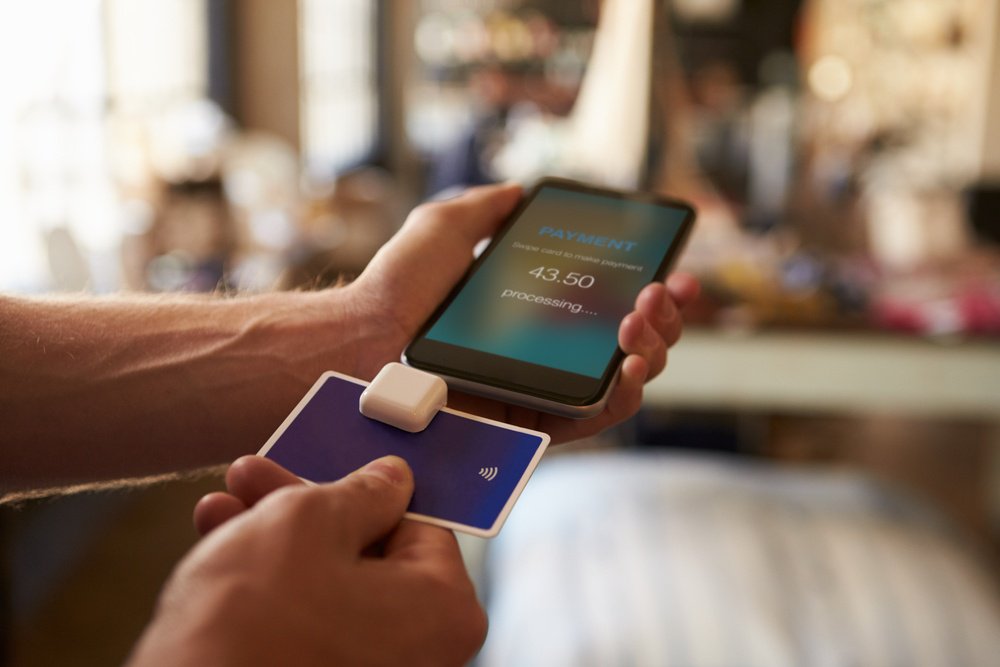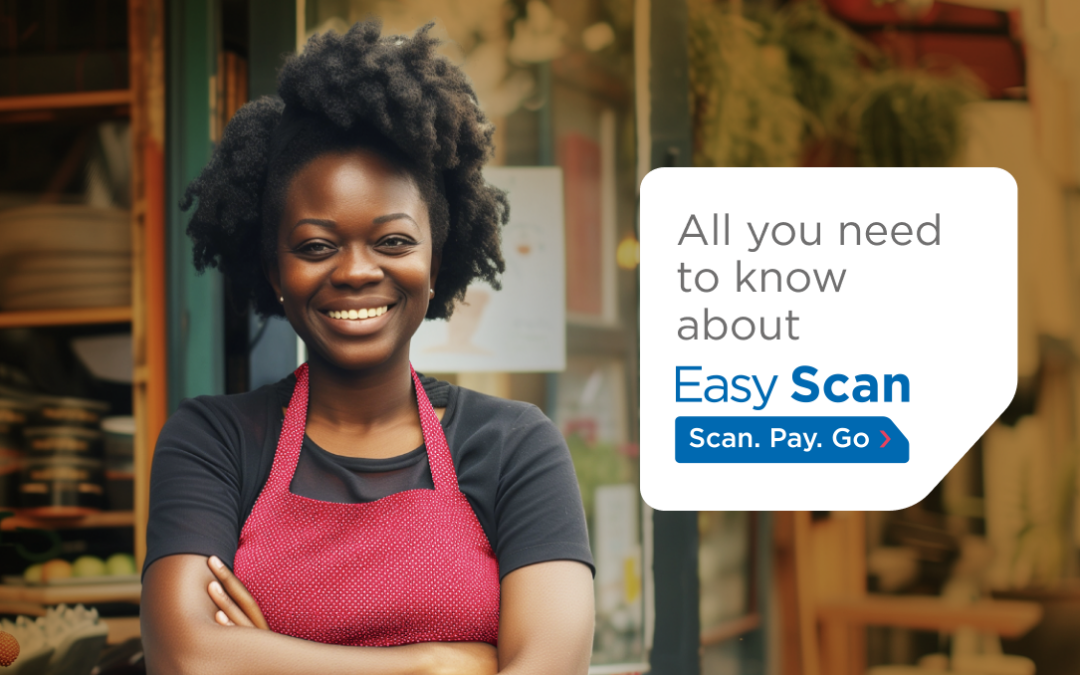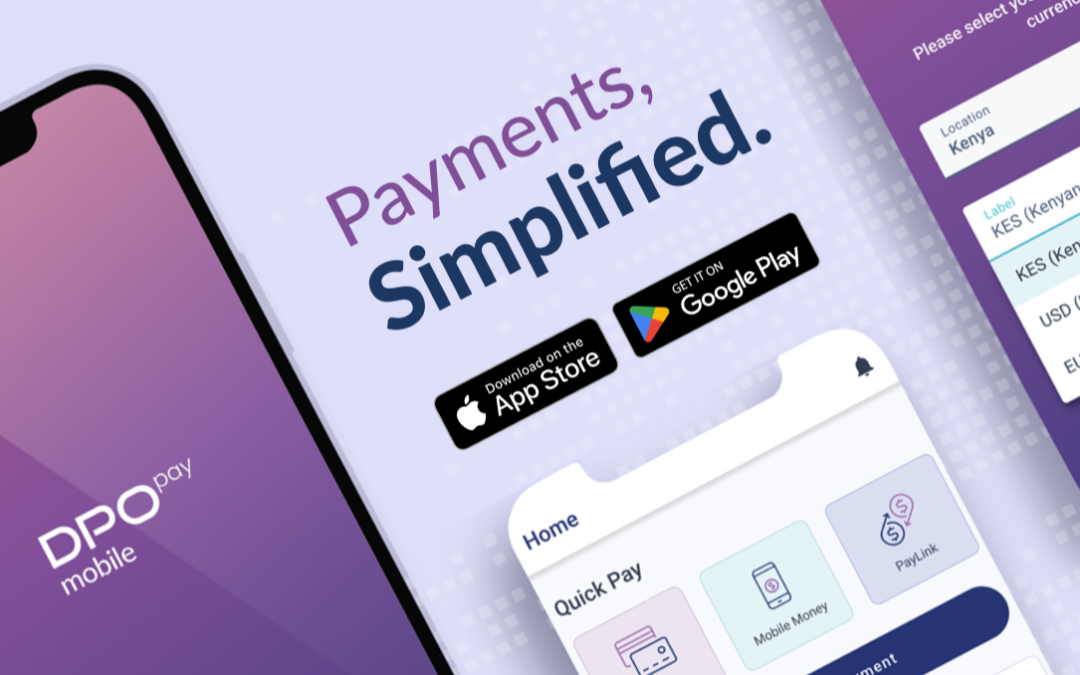With the success of mobile device penetration, and the coming of age of the super-connected Millennials, it is not surprising that mobile commerce is experiencing huge growth rates. According to Business Insider Intelligence, mobile payments are poised to make up 20.6% of e-commerce sales in 2016, or $79 billion, and to soar to 45% of all e-commerce payments in 2020, or $284 billion.
Global payment trends show a clear shift to mobile payments. But the term ‘mobile payments’ includes a number of payment methods that are used via mobile devices that are often confused with one another, as they fall under the same category, yet in actuality are all quite different.
Here is a brief overview of three main mobile payment types and their respective benefits to merchants and customers:
Mobile wallets
Drawing on the consumer’s need for convergence, mobile wallets allow users to store their credit cards, loyalty programs, rewards points, coupons and bank information on their phones in virtual “wallets”, creating a single point of access for all their shopping-related payment needs.
Payments are typically done with a Near Field Communications (NFC) -enabled terminal at the checkout point by simply waving or tapping the phone, for purchases done in a brick-and mortar establishment. For online consumers, consumers experience a simple, efficient, one-step purchase process. The payment data is tokenized into a unique code, which is transferred to the merchant in a highly secure manner.
Merchants can choose to develop their own branded mobile wallet, thereby gaining access to valuable data on customer purchases and trends, which can then be used for targeted marketing. It is recommended to accept payment from a variety of mobile wallet alternatives, such as financial institution based wallets, or the different mobile wallet apps offered by providers such as Apple Pay, Google Wallet, Android Pay or Samsung Pay, thereby serving a larger target audience while encouraging loyalty amongst customers.
Mobile money
Hugely popular in Africa and other developing markets, mobile money utilizes a mobile phone for P2P (peer-to-peer) cash transfers. Though often confused with mobile wallets, mobile money is a non-bank based payment method, which relies solely on cash. Mobile money allows users to charge their mobile account with cash at a designated agent or by directly depositing funds to their mobile money account. Users can then pay merchants, service providers or government agencies by transferring cash from their mobile phone to the recipient account, in a highly secure fashion, with each party receiving real-time confirmation. Merchants can then “cash out” at one of the designated agents in their region. Mobile money provides a non-banking alternative for payments, and works from even simple phones via SMS-based transactions.
Mobile money platforms that enable cross-border payments, like Direct Pay Online, provide a much-needed service to merchants with customers in developing countries, where most of the population do not have bank accounts. Mobile money enables these customers to make online purchases, or to pay for travel bookings, even in neighboring countries, with lower conversion fees.
Merchants can expand their market reach by offering previously inaccessible customers, even those from international, developing countries, a non-cash based, secure, payment alternative. Leading mobile money providers, which offer international remittance services, include M-pesa, Venmo, Airtel Money, Tigo Pesa, Vodacom, MTN.
Mobile points of sale (mPOS)
Another type of mobile payment is done with a mobile point-of-sale (mPOS) device. Mobile point-of-sale transactions will reach $27 billion in 2016 in the US, an increase of over 200% from 2015, according to eMarketer.
Unlike mobile wallets and mobile money, mPOS solutions extend the functionality of mobile devices, enabling them to serve as payment card readers in place of traditional cash registers, via a simple add-on and app, bringing advantages to small and large businesses, alike. mPOS solutions provide businesses with a low-cost mobile platform for accepting card payments, even at remote locations, as well as with access to value added management software.
Mobile points-of-sale are especially suited for use in restaurants or travel and hospitality settings. Customers can see the menu on a mobile device, place orders and complete payment simply, with no wait. In hospitality settings, mPOS systems can be used by hotels to upsell additional services such as tours or spa services. Guests will be able to easily book these services at hotel desks or concierge, or even in their rooms, with no hassle at all. Travel operators can book guests on additional excursions, even while they are still on an excursion, as the guide can simply take the mPOS device into the field and it can work via a wireless connection.
Retailers can also benefit from mPOS devices, as they can streamline their sales processes and enhance their customers’ shopping experiences. For example, sales representatives can approach customers in the physical store and assist them throughout the purchase process. The mPOS device can store inventory and product data, so that customer questions can be dealt with on the spot. Sales rates will increase, due to expedited payment capabilities, which will lower the chances of in-store “abandoned shopping carts”. Checkout lines will be shortened, as sales reps can finalize payments on the store floor, and they can simply take their handheld mPOS devices directly to customers who are already waiting in the checkout line, improving customer satisfaction.
Many companies offer mPOS solutions, and merchants are advised to ensure their provider is PCI DSS Level 1 certified, such Direct Pay Online’s DumaPay.
We are in the midst of a revolution in payment methods, with a clear shift to mobile payment systems. These systems offer many benefits to merchants and consumers by streamlining payments, allowing secure cashless money exchanges and providing insight into consumer trends. Merchants should analyze their customer base and potential markets in order to incorporate mobile payment solutions that best serve both their needs and the needs of their customers in the most efficient and secure manner. With its host of secure mobile payment solutions, Direct Pay Online provides access to all of the above mobile payment methods as well as additional leading payment mechanisms.





